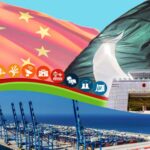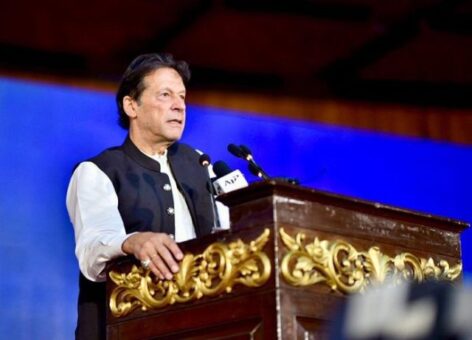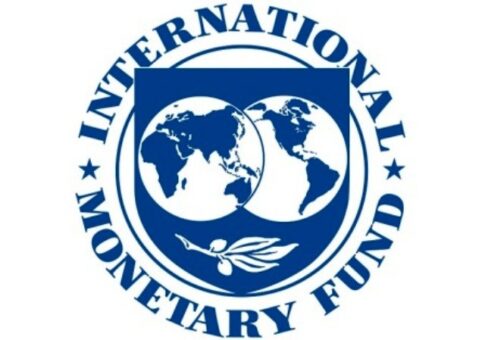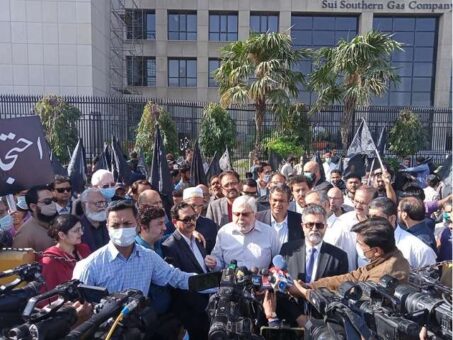ISLAMABAD: The Federal Board of Revenue (FBR) has notified a list of 1,358 retailers for mandatory installation of Point of Sale (POS) and integrate the same with the tax system.
The FBR on Friday issued the list of 1,358 retailers by notifying Sales Tax General Order (STGO) No. 9 of 2022 dated February 04, 2022.
The FBR said that the Finance Act, 2019 added sub-section (6) to section 8B of the Sales Tax Act, 1990 whereby a Tier-1 Retailer who did not integrate its retail outlet in the manner prescribed under sub-section (9A) of section 3 of the Sales Tax Act, 1990 during a tax period, its adjustable tax for that period would be reduced by 15 per cent. The figure of 15 per cent has been raised to 60 per cent vide Finance Act, 2021.
READ MORE: Prize scheme on invoices issued by retailers
The FBR added that in order to operationalize this important provision of law, a system-based approach has been adopted whereby all Tier-1 retailers who are liable to integrate but have not yet integrated, with effect from July-2021 (Sales Tax Returns filed in August 2021) are to be dealt with as per the procedure laid down in STGO No. 1 of 2022 issued on August 03, 2021.
READ MORE: FBR decides penal action against defaulting retailers
Through the instant STGO No. 9, a list of 1,358 identified tier-1 retailers has been placed on FBR’s web portal at www.fbr.gov.pk allowing them to integrate with FBR’s system by February 10, 2022, and the procedure of exclusion from this list of 1,358 identified retailers shall apply as laid down in Para 2 of STGO 1 of 2021 dated 03.8.2021.
“Upon the filing of Sales Tax Return for the month of January 2022 for all hereby notified retailers not having yet integrated, their input tax claim would be disallowed as above, without any further notice or proceedings, creating tax demand by the same amount,” the FBR said.
READ MORE: Imprisonment for retailers on tax integration failure








